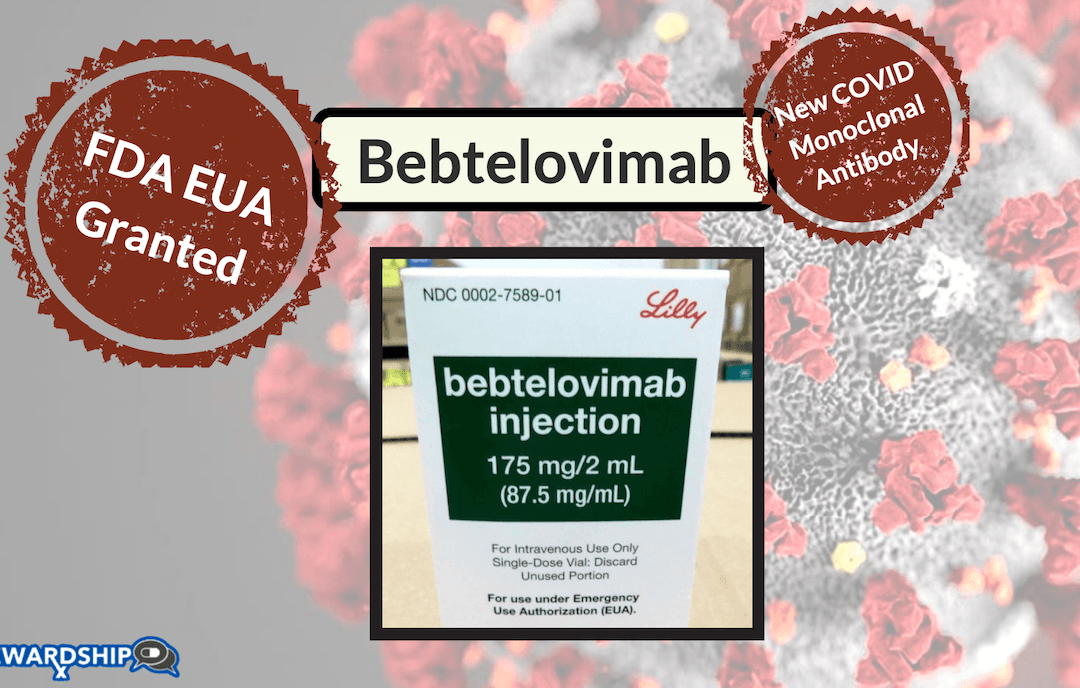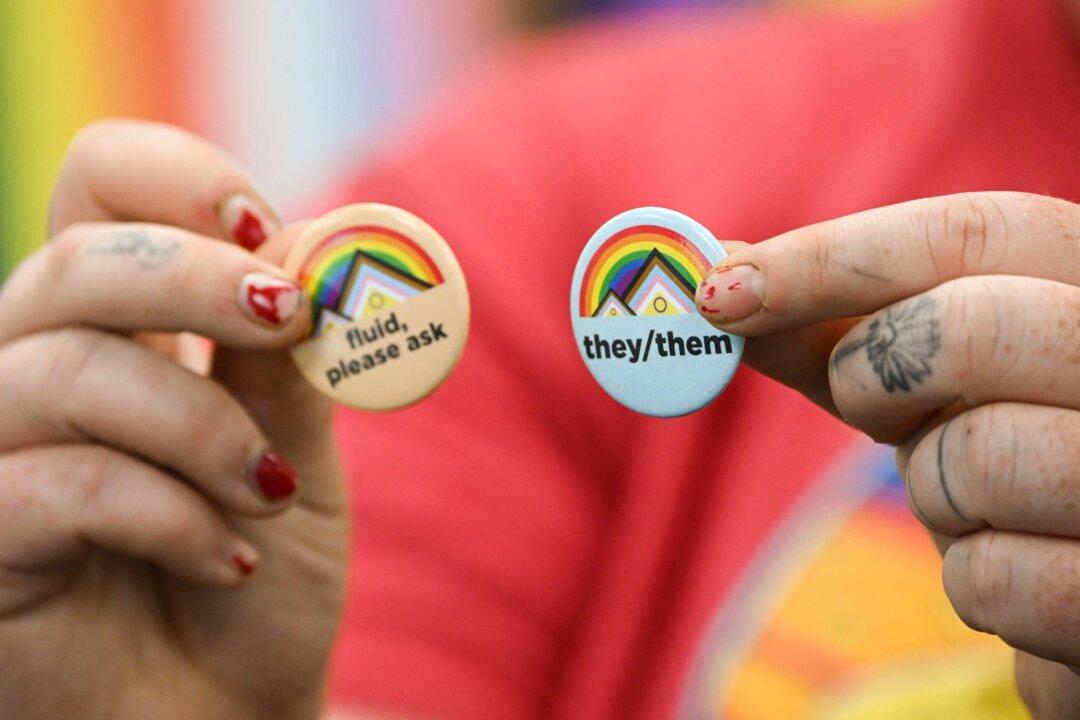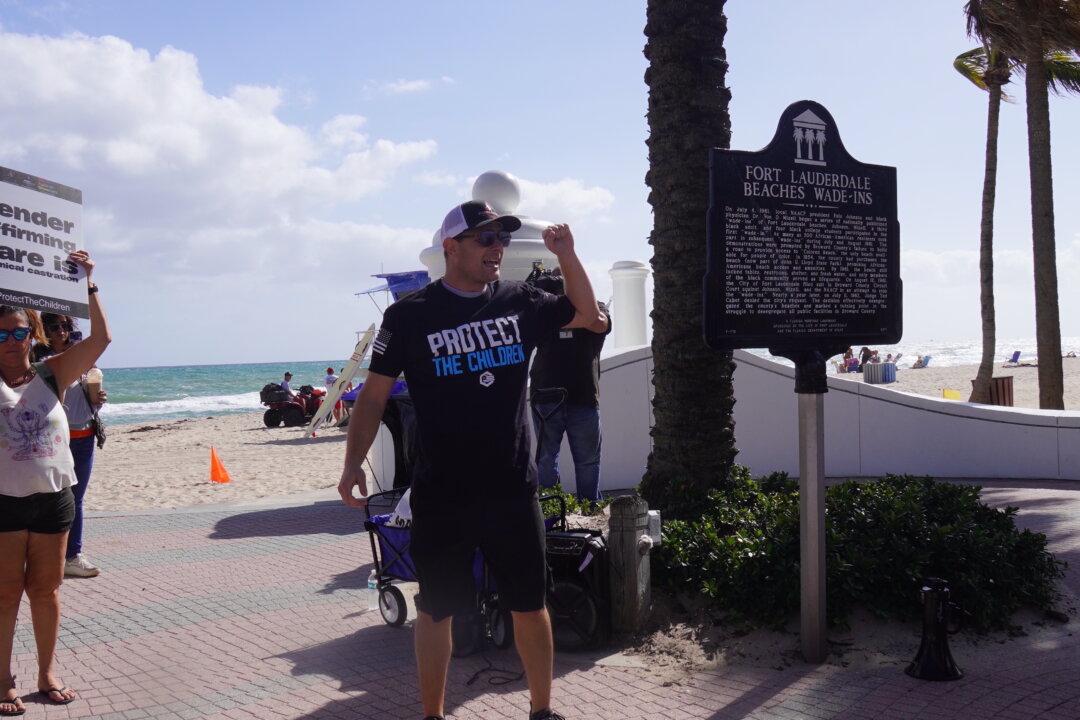PUNTA GORDA, Florida–Florida is scheduled to receive 4,000 doses of a monoclonal antibody treatment that the U.S. Food and Drug Administration (FDA) has found to be effective against the omicron variant that is derived from COVID-19.
On Feb. 11, the FDA sent a letter to Eli Lily, the maker of Bebtelovimab, that the company has its approval for an Emergency Use Authorization (EUA) to treat mild to moderate COVID-19 in adults and pediatric patients, age 12 years and up.




